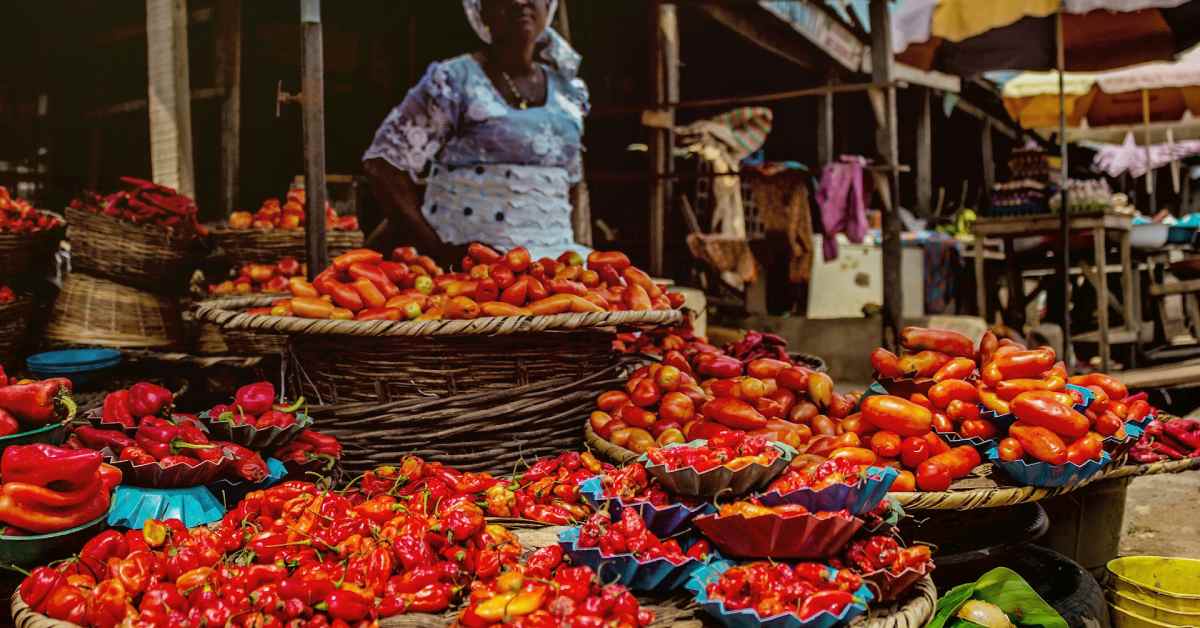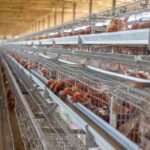Inflation is a natural part of the economic cycle, yet many people view it as a reason to shy away from investments. While inflation erodes the purchasing power of money, it doesn’t mean your savings should sit idle, losing value over time. Instead, investing in productive ventures can be one of the best ways to combat inflation, preserve your wealth, and even grow it.
As of August 2024, according to data provided by the National Bureau of Statistics (NBS) tracking the Consumer Price Index (CPI) to measure changes in the cost of goods and services, Nigeria’s inflation rate has eased slightly to 32.15%, down from 33.40% in July. While this decline is encouraging, it’s important to recognize that year-on-year inflation is significantly higher than the 25.80% recorded in August 2023. Food prices, in particular, continue to rise sharply, with food inflation standing at 37.52%. This presents challenges for both consumers and producers, but it also offers investment opportunities in sectors that are resilient to inflationary pressures.
The Impact of Inflation
Inflation affects different groups in different ways:
- Consumers: Those on fixed incomes, or those with limited purchasing power, bear the brunt of inflation. As the costs of essentials such as food, fuel, and housing rise, their ability to afford these necessities diminishes. Without a corresponding increase in income, inflation makes it harder for them to maintain their standard of living.
- Producers: Businesses face rising costs for raw materials, labor, and transportation. However, they often have the flexibility to pass these costs onto consumers by raising prices. While this can impact demand if prices rise too sharply, it also gives producers some insulation from inflation’s effects.
Despite these challenges, inflationary periods often present unique opportunities for those willing to invest wisely. This is where investing in productive ventures comes into play.
Investing in Productive Ventures Is a Smart Move
During times of high inflation, productive assets—such as agriculture, manufacturing, and real estate—tend to generate returns that outpace inflation. These sectors provide tangible goods or services that remain essential, even as prices rise. Here’s why investing in such ventures is particularly effective during inflationary periods:
- Revenue Growth: Businesses that produce essential goods or services can adjust their prices in response to rising costs, ensuring their revenues keep pace with inflation. For example, in agriculture, food prices typically rise during inflation, meaning that farmers or agro-based businesses can maintain or even increase profit margins. 5000 Golden Eggs is one such example of an investment to produce essential goods for revenue growth.
- Tangible Asset Appreciation: Assets like land, equipment, and property tend to appreciate in value as inflation increases. This means that investing in sectors like real estate or agriculture, where land and equipment are key assets, can provide a natural hedge against inflation. Over time, these assets grow in value, preserving your purchasing power.
- Diversification: By investing in productive ventures, you diversify your portfolio, reducing reliance on cash or savings accounts, which lose value when inflation is high. Productive assets provide ongoing returns, helping to mitigate the risk of losing purchasing power.
In contrast, keeping your money in non-productive assets such as cash or savings accounts only accelerates the erosion of its value. The interest earned in most savings accounts doesn’t come close to matching the inflation rate, leaving you with less real value over time. In Nigeria, where inflation has hovered around 30% in recent months, this risk is even more pronounced.
Agriculture as an Inflation-Resilient Sector
One sector that tends to perform well during inflationary periods is agriculture. As food prices rise, so do the revenues of those involved in food production. Investing in agricultural ventures not only provides a hedge against inflation but also contributes to food security, a critical issue in many developing economies like Nigeria.
Agriculture offers the added benefit of tangible asset appreciation—land and equipment will typically rise in value alongside inflation. Additionally, demand for food remains steady, even as prices increase, providing stability for those invested in this sector. A good place to begin could be 5 Important Things to Consider Before Setting Up a Poultry Farm.
The Bottom Line
While inflation can be intimidating, it shouldn’t be a reason to avoid investing. In fact, inflationary periods often present unique opportunities for those willing to invest in productive assets that maintain or grow in value over time. For insights on overcoming fears and rebuilding trust in sectors like agriculture, check out our post on Rebuilding Trust and Overcoming Investor Phobia in Nigeria’s Agricultural Sector. By diversifying your portfolio and investing in sectors like agriculture or real estate, you can not only protect your wealth but also position yourself to profit from inflation’s effects.
That being said, it’s crucial to perform due diligence and consult with financial professionals before making investment decisions, especially in volatile economic climates. While productive ventures can help mitigate the effects of inflation, all investments carry risk. Be sure to align your investment strategy with your financial goals and risk tolerance.
Subscribe to our newsletter to receive more valuable information from us.
Disclaimer: This article is for informational purposes only and does not constitute financial advice. Feel free to consult with a qualified financial advisor before making any investment decisions.





